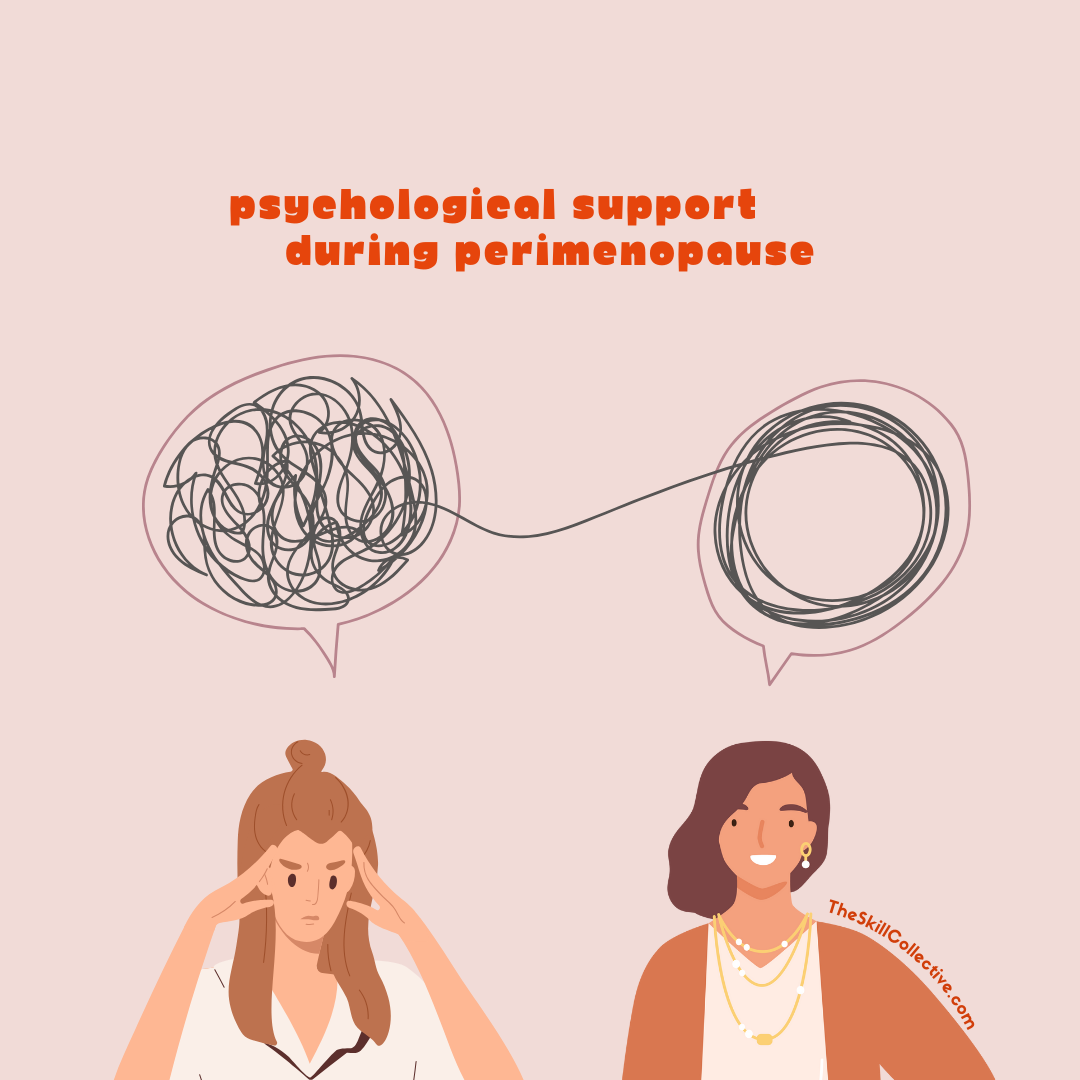
What Exactly Is Perimenopause?
So, here’s the thing. Puberty might’ve felt like the main event with estrogen’s big debut, but that hormone still has some surprises in store. After it’s helped your body through its most active reproductive years, estrogen begins to dial back somewhere in your late 30s. Even though the average age for menopause is around 51, these early hormone shifts can bring on something called perimenopause. ’A woman is considered menopausal once she hasn’t had a period for twelve consecutive months. Perimenopause is simply the lead-up to menopause, and it can start months or even years before menopause as your body preps for the transition,’ explains Dr Mahtre.
What Are The Symptoms Of Perimenopause?

The Health Consequences Of Perimenopause
Today’s fast-paced lifestyle seems to be triggering earlier perimenopause in many women, with symptoms appearing at increasingly younger ages. Dr Mahtre notes, ’This may be tied to the age of menarche—when young girls first start their periods—which has been dropping over the years. Consequently, women may be experiencing perimenopause and even menopause earlier than expected.’

How To Manage Perimenopause Symptoms
If routine visits to your gynecologist haven’t been on your radar, it might be a good idea to start scheduling regular checkups once you’re in your 30s. While perimenopause is a natural transition, there are ways to make it easier on yourself. ’Your doctor might prescribe calcium and Vitamin D supplements to help counter the risk of osteoporosis,’ says Dr Mahtre. ’Lifestyle changes—like a balanced diet and regular exercise—are also helpful for reducing the risk of cardiovascular issues and other long-term health problems.’